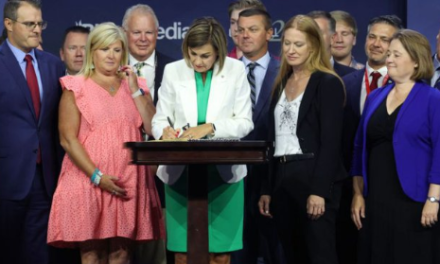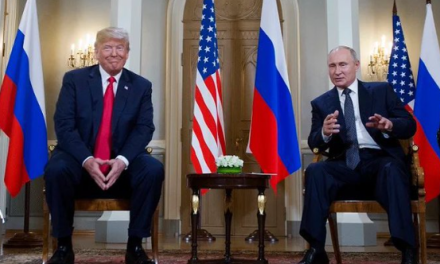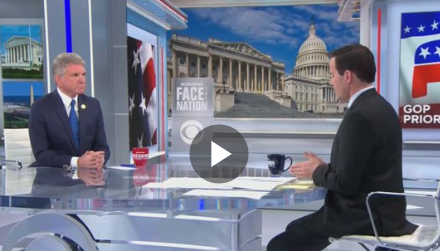The security cabinet of Israel has empowered Prime Minister Benjamin Netanyahu and his defense minister to decide the timing and manner of a response to a deadly rocket attack. The attack, attributed to the Lebanese Shia militant group Hezbollah, resulted in the tragic deaths of 12 children and teenagers from the Druze community in the Israeli-occupied Golan Heights. Hezbollah, however, has denied responsibility for the attack.
Prime Minister Binyamin Netanyahu assessing the security situation in Tel Aviv.
Benjamin Netanyahu is now convening the political-security cabinet
Israel is preparing for a few days of intensive war. The instructions of the home front command to the civilians in northern Israel… pic.twitter.com/3l5xxYvPnO
— MASHIAHIYIM QODESHIM TALMIDIM (@AlvesPedro57992) July 29, 2024
This incident, the deadliest cross-border event in recent months, has raised concerns about the potential escalation of hostilities into a full-scale war. Western governments, including the United States, have urged Israel to exercise restraint. White House national security spokesperson John Kirby stated that while Israel has the right to respond, there is a strong desire to avoid a broader conflict.
Netanyahu cut short his visit to the U.S. following the attack and visited the site in Majdal Shams, a Druze town. There, he vowed a severe response, stating, “These children are our children. The state of Israel will not, and cannot, let this pass.” His visit was met with protests from local residents, expressing anger at the perceived failure to prevent the attack.
The White House has been in ongoing discussions with Israeli and Lebanese officials, seeking a diplomatic resolution along the Blue Line, the de facto border between Israel and Lebanon. Meanwhile, an Israeli drone strike near the Lebanese town of Shaqra reportedly killed two individuals identified by Hezbollah as its fighters. Israel has not confirmed the strike.
❗️Israel’s Security Cabinet has granted PM #Netanyahu and Defence Minister Gallant the authority to decide on the “scale and timing” of the response to the alleged Hezbollah strike on the #GolanHeights that resulted in the deaths of 12 children – Times of Israel
❗️#Israel Le… pic.twitter.com/lZEIl30XXi
— Ωmega News (@satch_omega) July 28, 2024
In Majdal Shams, the funerals of the young victims were held amidst widespread grief. The attack has had a profound impact on the Druze community, an ethnic and religious group that has lived in the Golan Heights for centuries. This community, which has a complex relationship with Israel and Syria, is now grappling with the aftermath of the attack.
Netanyahu convened the security cabinet upon his return to Israel, where it was decided that he and the defense minister would determine the response to Hezbollah. In a call to Sheikh Muafak Ṭarif, the spiritual leader of Israel’s Druze community, Netanyahu promised that Hezbollah would “pay a heavy price.”
#StatecraftInTheNews: (1/9) Israel’s security cabinet authorised PM Netanyahu to decide on the “manner and timing” of a response to the deadly rocket strike in the Golan Heights, blamed on Hezbollah. pic.twitter.com/hJx1h8d9Iu
— Statecraft (@statecraftdaily) July 29, 2024
Hezbollah, however, has denied involvement, suggesting the incident was due to a failed Israeli interceptor missile. The Israeli military, led by Chief of Staff Lt Gen Herzi Halevi, identified the rocket as an Iranian-made Falaq with a 53kg warhead, emphasizing its potential for civilian casualties.
This incident has intensified the already tense situation, following Hezbollah’s rocket attacks on Israeli positions in response to Hamas’s attack on Israel earlier in October. As the situation develops, the international community remains on high alert, hoping to avoid further escalation.
Major Points
- Israel’s security cabinet has authorized Prime Minister Benjamin Netanyahu and the defense minister to decide on the response to a deadly rocket attack attributed to Hezbollah.
- The attack in the Golan Heights killed 12 Druze children and teenagers, with Hezbollah denying responsibility.
- Western governments, including the U.S., have urged Israel to exercise restraint to avoid escalating the conflict.
- Netanyahu visited the attack site in Majdal Shams, where he vowed a severe response, amidst protests from local residents.
- The situation remains tense as Israel considers its response, with the international community closely monitoring developments to prevent further escalation.
Fallon Jacobson – Reprinted with permission of Whatfinger News







